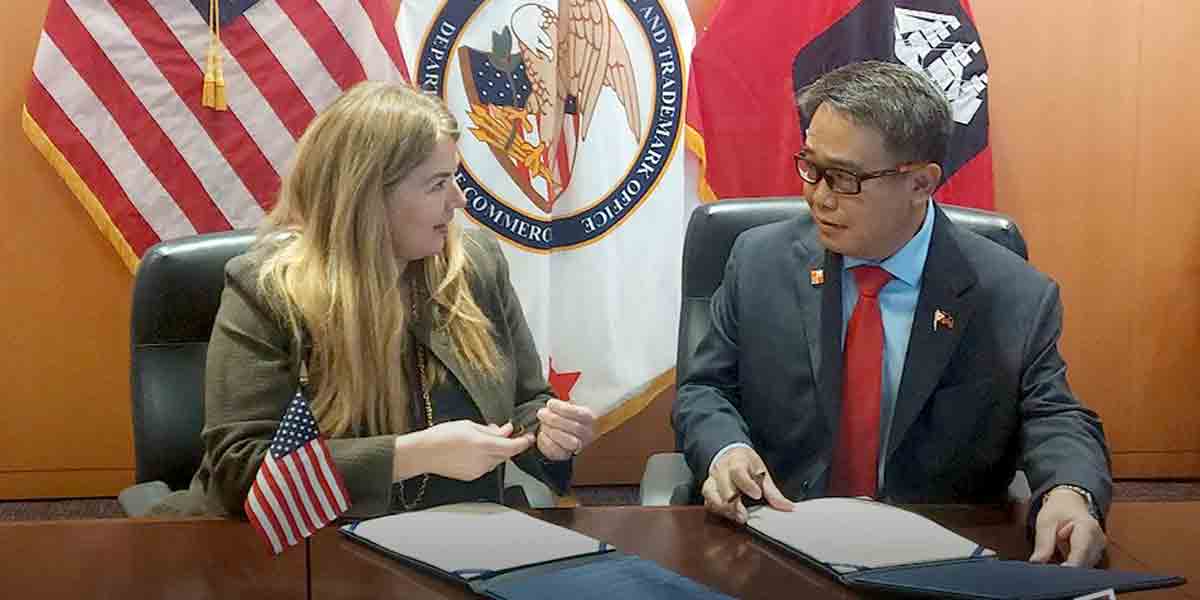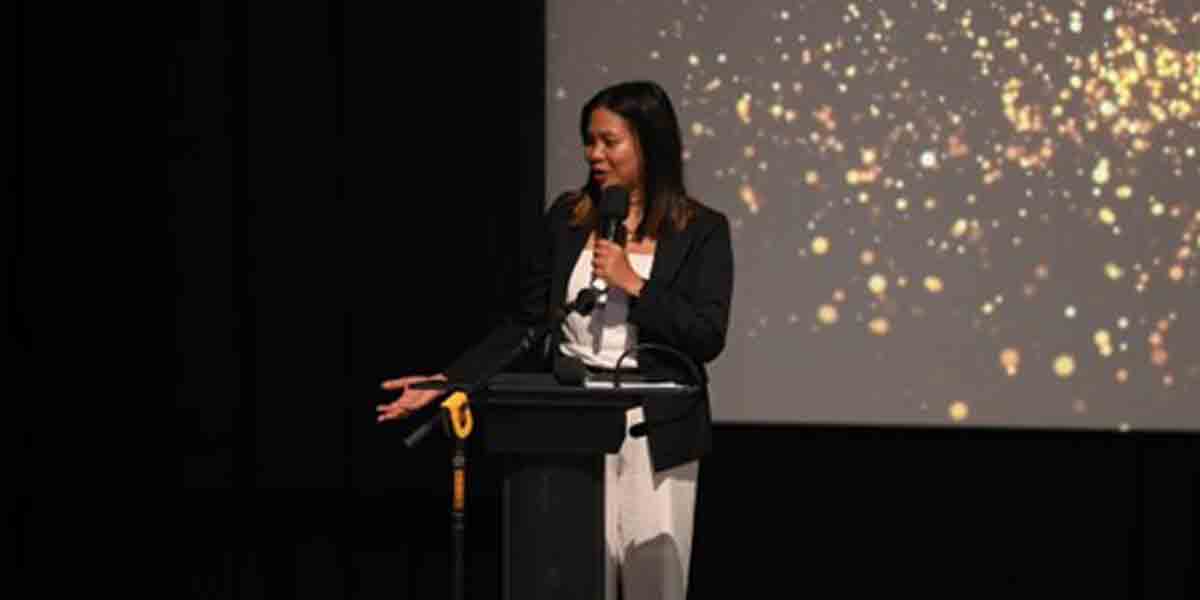By Engr. Carlos V. Cornejo
A great book to help us tame that inner critic in us who always finds fault in everything we do and punishes us harshly for every mistake we make is “The Four Agreements: A Practical Guide to Personal Freedom” by Don Miguel Ruiz. The agreements referred to by the book is the agreement you make with yourself to practice these four points that helps lessen the inner judge within us that hinders our sense of initiative and creativity and robs us of our peace.
Agreement No. 1: Be Impeccable with Your Word
The word “impeccable” comes from the Latin word “im” and “pecatus,” which mean “without sin.” “The biggest sin you can commit,” author Don Miguel Ruiz says, “is self‐rejection” When you repeatedly judge yourself for making a mistake and think, “I’m a screwup,” or “I’m an idiot,” you are engaging in the mortal sin of self‐rejection. The idea here is to have a healthy attitude towards failure. Failure should be our teacher not our enemy by looking at failure in a more objective way as part of the process in achieving our goal. Before we succeed, we have to undergo many failures and failures are just stepping stones towards that definitive success.
Agreement No. 2: Don’t Take Anything Personally.
When someone insults you, imagine that person is full of poison, and their words are poison projected at you. If you take their insults personally, you will absorb their poison. If you eat their poison, you will feel like a victim and be miserable as they are. Stop feeling like a victim by remembering that nothing anyone does is personal. Even if someone takes out a gun and shoots you (hopefully he misses), it’s not personal. They shot you because of who they are, not because of who you are. You are not the problem. Choose to see someone’s actions as a reflection of their pain and suffering.
Instead of thinking, “Why me?” Think, “Poor them.” You can be compassionate and still seek justice. If a person shoots you, ensure they go to prison, but do so for the greater good (this person is dangerous to themselves and others) and not to seek revenge. You can seek justice
without being outraged and hating the person who wronged you. By not taking anything personally, you will never feel like a victim. And if you never feel like a victim, you never put yourself in a vulnerable state where the inner judge can thrive and keep you down.
Agreement No. 3: Don’t Make Assumptions
If you routinely make assumptions, you will experience countless interpersonal conflicts. When Don Miguel Ruiz had a roommate in college, he assumed it was okay to leave dishes in the sink… he assumed wrong. If he had clarified the house rules, he could have avoided several fights with his roommate. When you assume and are wrong, the inner judge has reason to scold you. Keep the inner judge silent by never making assumptions. When you have an ounce of doubt, clarify.
Agreement No. 4: Always Do Your Best
Think of times you walked away from a performance, not knowing if you had won or lost, but knowing deep down, you did your best. Remember the peace you felt. Even after you failed to get the reward you expected (the job, the trophy, etc.), you still felt no reason to judge yourself. Every time we don’t do our best, we would regret it later because we would always speculate what could have happened had we did our best. But if we did our best such as preparing very hard for an exam but got a not so satisfying result, then no afterthought of regret would linger because there was no other way the outcome could have changed. Hopefully it would be a much better end result next time around because you would have learned from your mistakes. Added to that would be your effort to constantly improve yourself which is part of that self-agreement of always giving it your best.
Here’s the final advice of the author about the four agreements: “If you fail to uphold any of these agreements, it’s okay. Forgive yourself and start over. Each day is a new opportunity to honor the four agreements. Gradually the four agreements will become second nature to you, and you will find yourself on the path to personal freedom.”




















